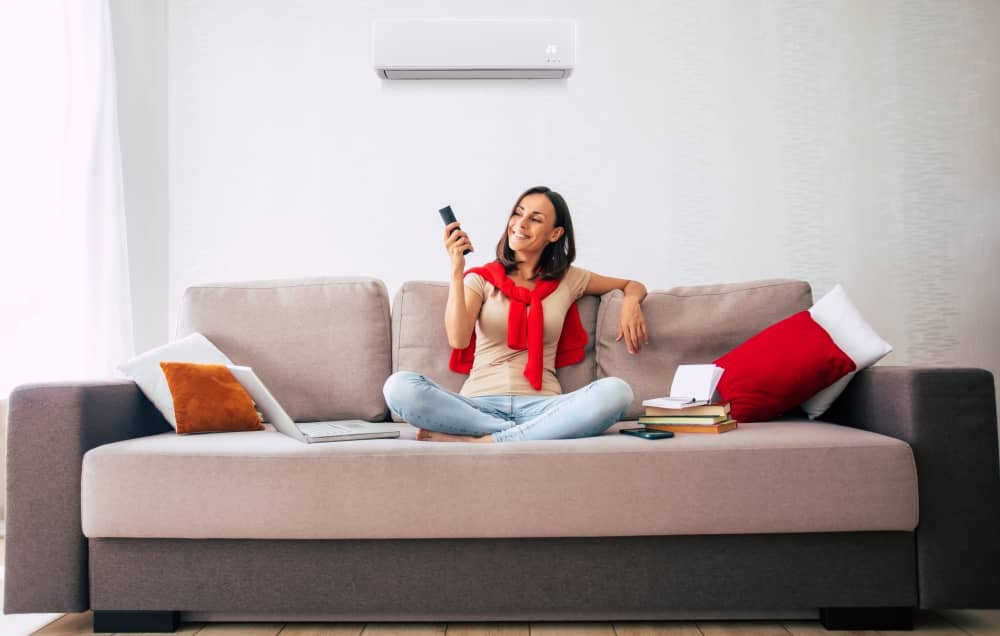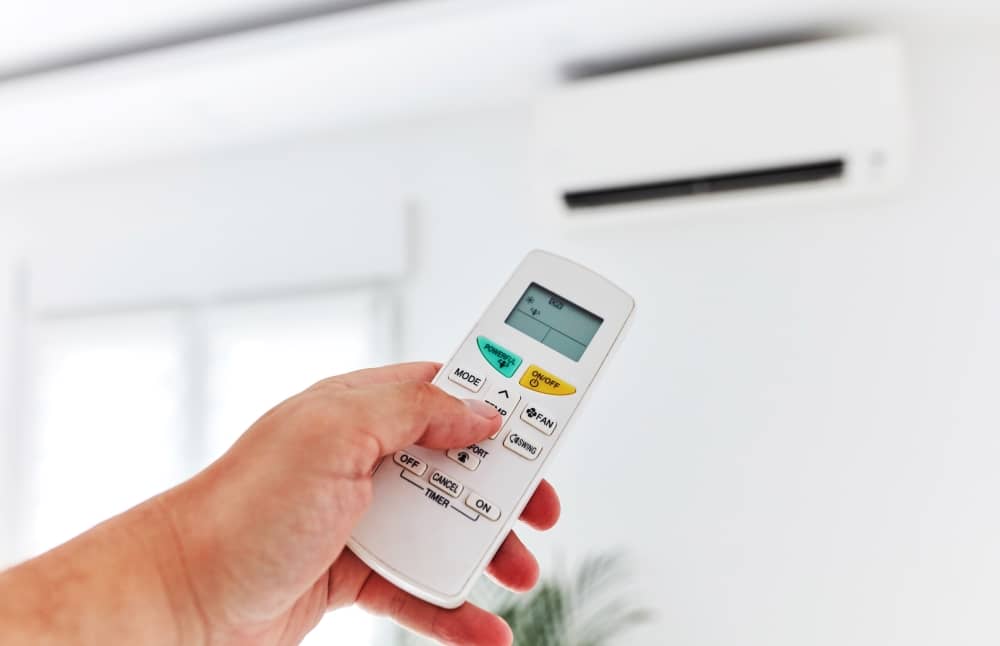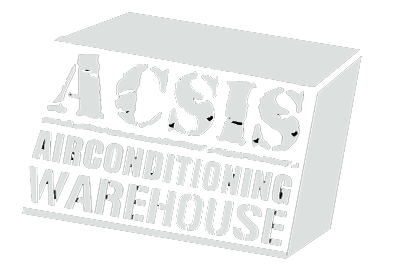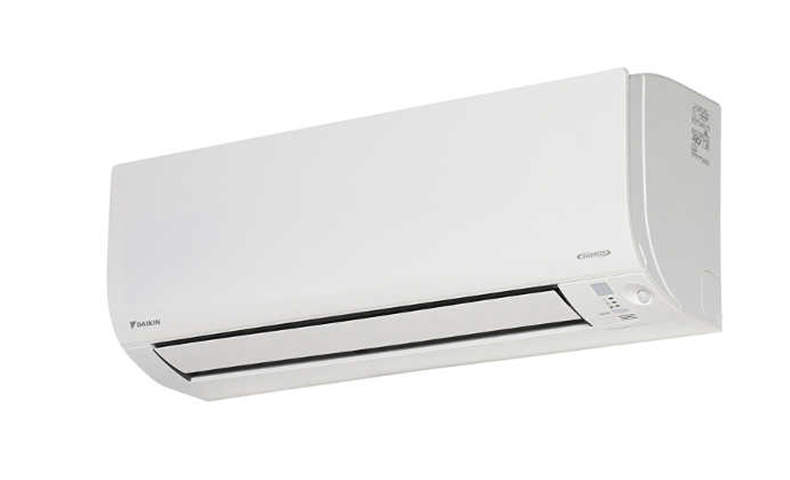Air conditioners are an escape from the blistering heat outdoors. You turn your air conditioner on every day, especially when temperatures begin to heat up. You have a decision to make each time you use your aircon, and that is to figure out the temperature to set the appliance. What is the ideal temperature setting for air conditioning during summer, winter, or when the weather is quite pleasant? This question is what this blog aims to answer, so keep reading.
The Difference in Degree Settings for Comfort
Energy agencies in many parts of the globe agree that 25-26 degrees Celsius (78F) offers the sweet spot. This temperature range balances comfort and energy savings for homeowners as it satisfies their cooling needs without costing too much. In reality, however, it is not a one size fits all situation.
Figuring out the answer to the question often requires experimentation. You will also have to choose between having lower electricity bills and a more comfortable space at home. Or are you more interested in enjoying a balance of both?
You also have to know that certain factors affect the temperature in your home, such as the number of residents, your physical activity, humidity, number of windows, and the direct sunlight the house receives. Ultimately, the best temperature setting for air conditioning is the one that keeps you and your family happy and comfortable. At the same time, you have utility costs that you can pay for without any problems.
One thing that you need to remember is that air conditioners work harder for you to feel comfortable at home. Their job is to offset extreme temperatures, whether you live in a warmer or cooler climate. Efficiency is essential, but you should not fail to recognise everyone’s comfort levels.
Cooler Climates vs Warmer Climates of Australia
In Australia, the most efficient aircon temperature generally depends on the climate and season. Summers differ vastly based on your location, whether you’re in the southern regions where summertime is often cooler than other places, or you’re located at the tip of the country where summers are unbearably hot. However, no matter how diverse climates can be, many Australians prefer an air conditioner setting of 22 degrees in the summer months and 19 degrees in winter.
For example, in southwest Western Australia, where there’s a Mediterranean climate, you can benefit from 23-24 degrees in an air conditioning setting in the summer. In the winter, 18 degrees is the most commonly used temperature setting. Let’s compare these settings to Tasmania, where there is a mild temperate climate. In the summer, the recommended aircon temperature is only two degrees. Air conditioners often work from 21 to 22 degrees in the winter.
Meanwhile, in the Australian Capital Territory, where the population enjoy an oceanic climate, the best temperature in the summer is between 26 to 27 degrees. The ideal temperature is around 19 to 20 degrees during the winter months.
Even with the temperature range given above, it is still necessary to adjust the settings. Each person and household can have varying levels of comfort. There may also be a cold snap during summertime, so homeowners may have to adjust their summer settings to fit colder conditions. Temperatures can increase significantly, which means that settings should adopt warmer summer months.
Once again, the temperatures differ greatly depending on your preferences. However, it makes sense to consider the outdoor temperature when setting your aircon. For example, if it is 24C outside at night, it’s not recommended that you set your AC to 25C. Why not just open your windows. When humidity is high, you will sleep soundly if you set your aircon about 1-2 degrees cooler than outdoors.
Take note of humidity in your area. High humidity can turn hot days into a more significant challenge. Your sweat glands do not normally work because of the moisture in the air. Sweat dissipates quickly when the air is dry, keeping you more comfortable. When humidity rises, however, the water vapour in the air increases, making it difficult for sweat to evaporate.
Fortunately, air conditioners are great for reducing humidity. They work even more efficiently when your home is properly sealed.
Temperature Settings and Energy Costs
According to the Department of Energy, cranking up the aircon one degree at a time immediately increases energy costs by 10%. Imagine using the aircon set at 25C for 15 hours a day or more. You will surely see a drastic change in your bills. For this reason, many homeowners are seeing the benefit of setting the thermostat to 24-26C during summer and 18-20C in the winter.
It’s difficult to know how much your aircon contributes to your total energy costs. But here’s something easy to remember. The harder the aircon works, the more energy it requires. This immediately results in higher electric bills. Other factors affect the cost, including the cooling capacity of your aircon.
For example, setting a 2.5kW AC to 21 degrees could cost you around $0.16 per hour. Setting it to 22C will give you an hourly rate of $0.14, while 25C may cost about $0.11. A 3.5kW system, on the other hand, costs $0.26 per hour on 21C. If set to 25C, hourly costs maybe around $0.18.
Of course, the mentioned rates above are merely an example. You have to consider the sealing and insulation of your home and the type of aircon you are using. Make sure you have one that’s rated energy efficient to help you save money. It would help if you also thought about switching to alternatives to aircon, such as ceiling fans.
To learn more about how to optimise your aircon temperature for energy saving, check out our blog on the topic.
Does Running Ceiling Fans at the Same Time Help?
Ceiling fans surely help in keeping cool air in your room. They can work with your aircon so the equipment can assist in distributing air throughout the house, meaning there will not be warm spots anywhere. Turn on the ceiling fans whilst your aircon is running in summer mode. The fan will keep cool air down while keeping warm air away from you.
If you are worried about your bills, replace your AC with ceiling fans at night – even on hot days. Open the windows and let the cool breeze in to save more money.
Remember, though, that ceiling fans will not change the temperature of the room. However, they do help in making the space feel more relaxed and more comfortable. With your ceiling fan and aircon working simultaneously, you can use a higher temperature setting without using more energy.
Are There Any Differences in Ducted vs Split Settings?
Many experts and homeowners agree that a reverse cycle ducted system is the best choice in keeping cool and hot air in the house when needed. That’s why it is a good idea to invest in the said system to ensure heat is never trapped inside again. The flexibility of a ducted system is noticeable, especially if you have been using a cheaper aircon for several years. Ducted systems work to cool your house during summertime and keep it warm in winter. They reverse the refrigeration cycle when necessary to provide the most optimal setting and reach the ultimate comfort level for you.
However, if you are not too keen on the cost of ducted systems, there is a more affordable option: split air conditioning. This type of AC offers zone-smart air conditioning, which allows you to cool one room at a time. If you have a smaller house or a few rooms, split ACs may be better. However, the zonal effect can also be achieved with a ducted aircon. So, if you’re merely going for this particular benefit, it may be wiser to pick a ducted system, especially if you have more than one room to cool.
The easiest way to ensure you get the most out of your aircon is to install a temperature sensor. It’s useful for a ducted system as it works to measure the temperature inside the house, sending the data to your thermostat. As a result, your thermostat will adjust the temperature accordingly.
Whether you choose a ducted or split air conditioning system, you should always hire a licenced person to install the equipment for you. It is worth the additional cost. Installing on your own can cost you the manufacturer’s warranty, which is often void if a non-licensed person does the installation. Make sure that the system is carefully and routinely serviced, as well.
Contact ACSIS to get affordable and professional air conditioner services in Perth.





